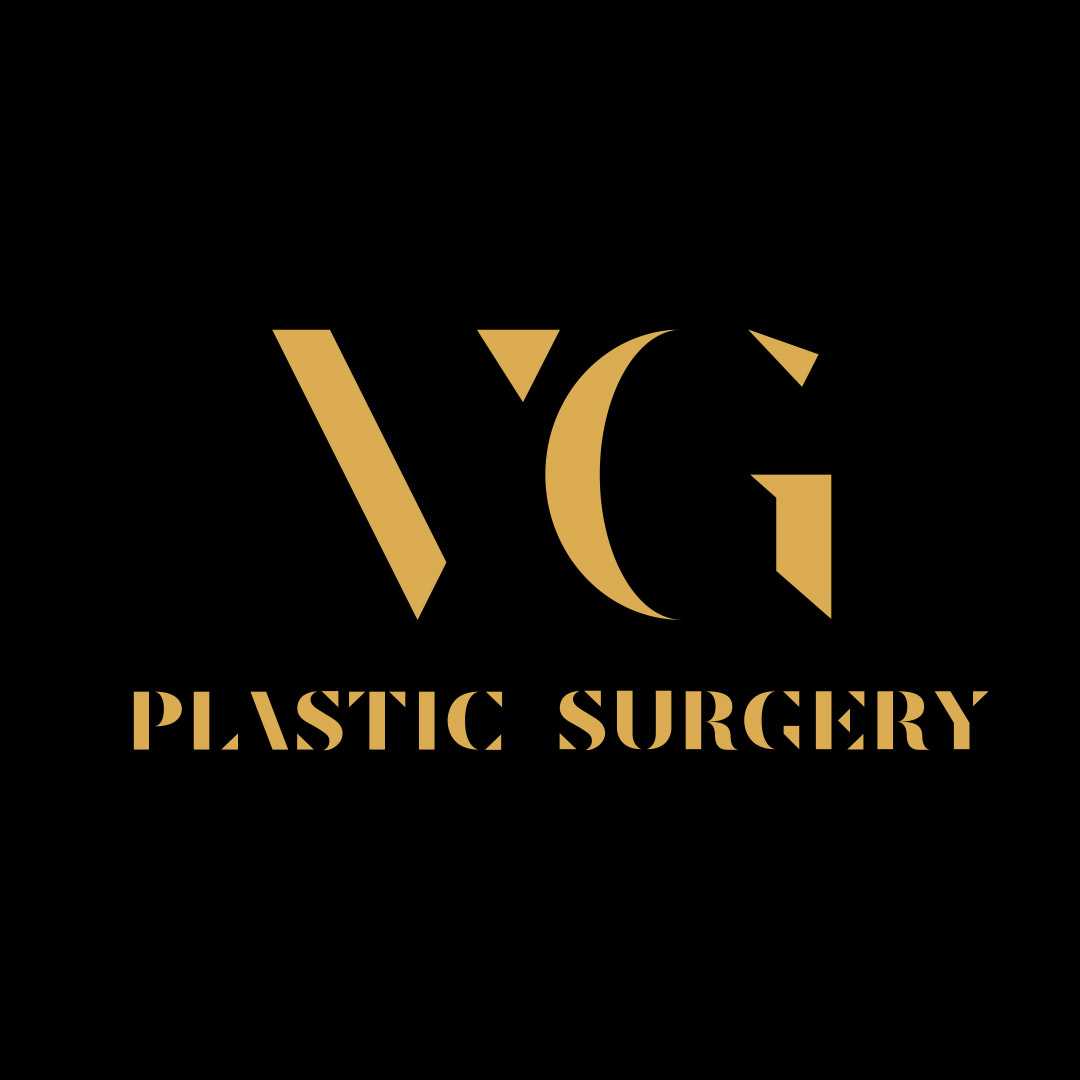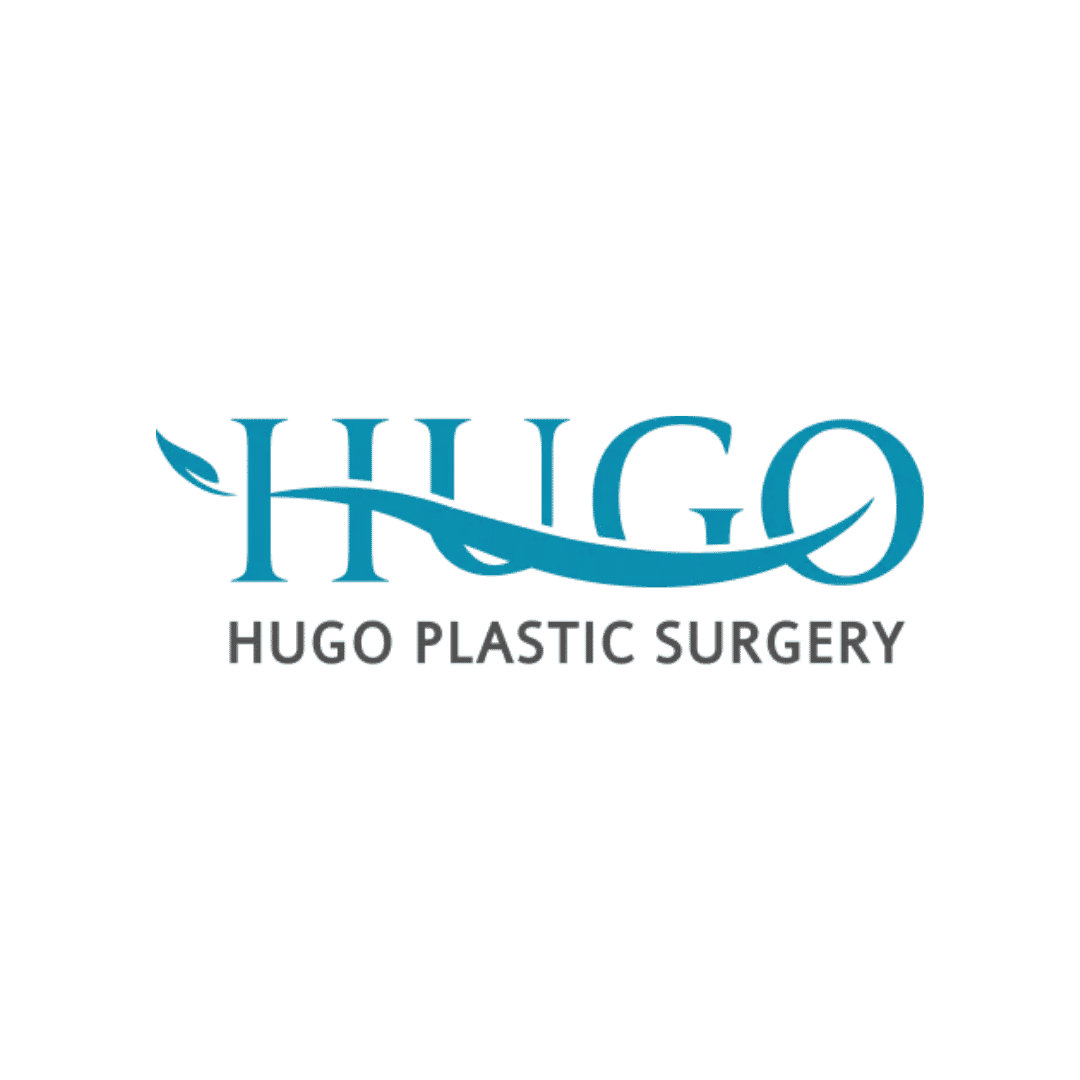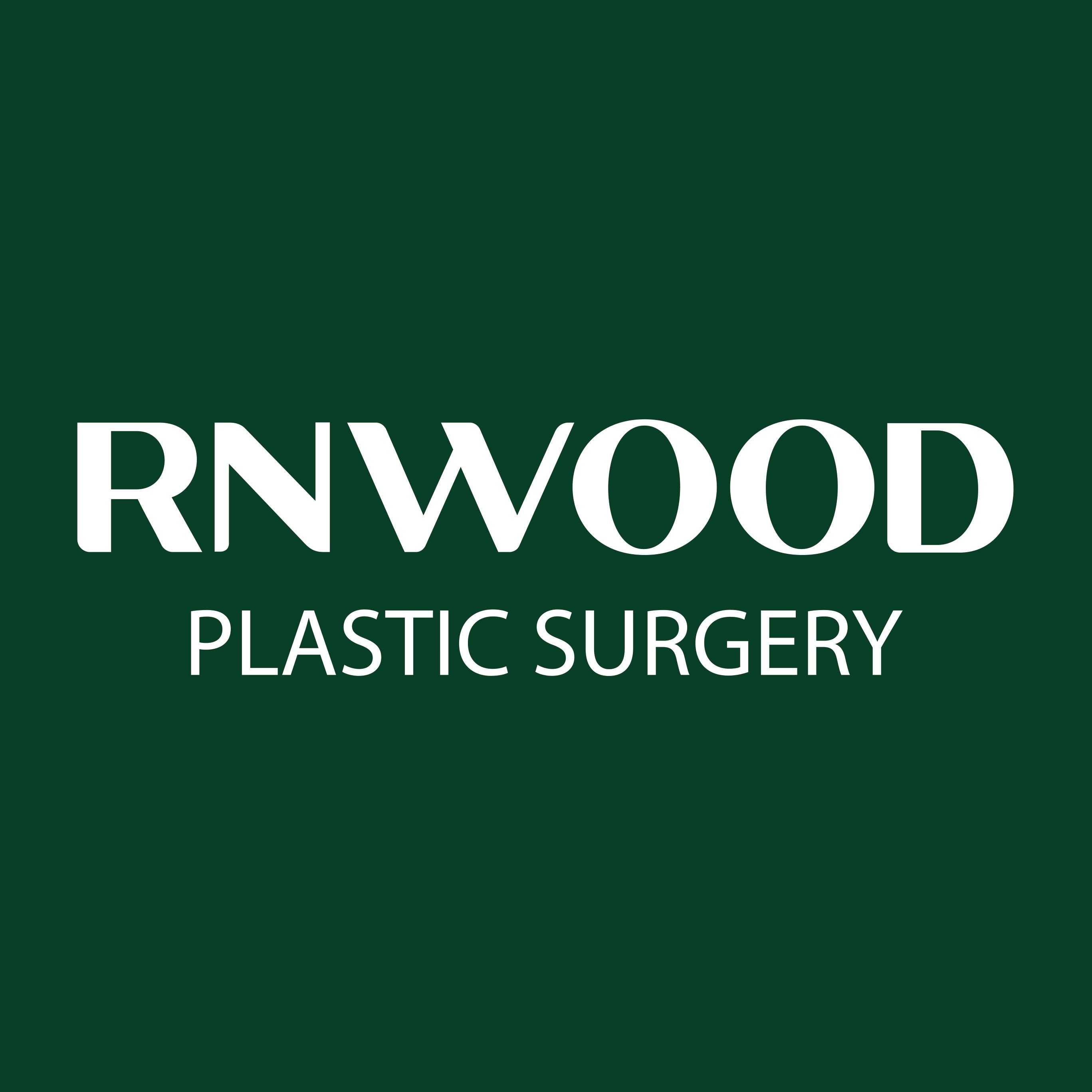A Guide to Choose Plastic Surgeon in South Korea

South Korea, often hailed as the plastic surgery capital of the world, has become a premier destination for individuals seeking cosmetic enhancements. The country's advanced medical technology, highly skilled surgeons, and competitive pricing make it an attractive option for medical tourists globally. However, navigating the landscape of plastic surgery in a foreign country can be daunting. This comprehensive guide will walk you through everything you need to know to find a reputable and skilled plastic surgeon in South Korea, ensuring a safe and successful experience.
The decision to undergo plastic surgery is a significant one, and choosing the right surgeon is the most critical factor in achieving your desired results. With a plethora of clinics in districts like Gangnam, all vying for your attention, it's easy to feel overwhelmed. This guide is designed to empower you with the knowledge and tools necessary to make an informed decision, from verifying a surgeon's credentials to understanding the nuances of the consultation process and recognizing potential red flags.
1. Initial Research and Gathering Information: The Foundation of Your Journey
The first step in your quest for the perfect plastic surgeon is thorough research. Don't rely on flashy advertisements or enticingly low prices alone. A well-rounded research approach will provide a solid foundation for your decision-making process.
- Online Exploration: Start by exploring reputable online platforms, forums, and social media groups dedicated to plastic surgery in South Korea. Websites that aggregate clinic information and patient reviews can be valuable resources. Look for consistent positive feedback and detailed accounts of patient experiences. Be mindful that not all online information is genuine, so cross-reference information from multiple sources.
- Medical Tourism Agencies: Consider partnering with a government-accredited medical tourism agency. These agencies, such as PlacidWay, specialize in assisting international patients. They can provide a curated list of reputable clinics and surgeons, help schedule consultations, and assist with travel and accommodation arrangements. Their expertise can be invaluable in streamlining the process and ensuring you connect with trusted professionals.
- Focus on Specialization: Identify surgeons and clinics that specialize in the specific procedure you are interested in. Whether it's rhinoplasty, blepharoplasty (double eyelid surgery), or facial contouring, a surgeon with extensive experience in your desired procedure is more likely to deliver optimal results.
2. Verifying Credentials and Qualifications: Ensuring Expertise and Safety
Once you have a shortlist of potential surgeons, the next crucial step is to verify their credentials and the clinic's safety standards. This is non-negotiable for your safety and peace of mind.
- Board Certification: The most important credential to look for is board certification by the Korean Society of Plastic and Reconstructive Surgeons (KSPRS) or the Korean Association of Plastic Surgeons (KAPS). This certification indicates that the surgeon has completed rigorous training and adheres to the highest standards of practice. You can often verify a surgeon's certification on the KSPRS or KAPS websites or by contacting them directly.
- Clinic Accreditation: Ensure the clinic is accredited by reputable organizations. Accreditation from bodies like the Joint Commission International (JCI) or the Korean Accreditation Program for Hospitals serving Foreign Patients (KAHF) signifies a commitment to high-quality care and stringent safety protocols.
- Anesthesiologist on Staff: Inquire if the clinic has a board-certified anesthesiologist on staff full-time. Their presence is crucial for your safety during surgery, especially for procedures requiring general anesthesia.
- "Ghost Doctors": A Red Flag to Heed: Be aware of the unethical and illegal practice of "ghost doctors," where an uncredited or less experienced surgeon performs the surgery after the patient is under anesthesia. Reputable clinics will be transparent about who will be performing your surgery from start to finish. Installing CCTV in operating rooms is becoming more common to combat this issue.
3. The Consultation Process: Your Opportunity to Ask Critical Questions
The consultation is your opportunity to meet the surgeon, discuss your goals, and assess their suitability. Whether online or in person, a thorough consultation is a key indicator of a professional and patient-centric practice.
Prepare a list of questions to ask during your consultation. This will help you gather the necessary information to make an informed decision. Here are some essential questions to include:
-
Surgeon's Experience:
- "Are you a board-certified plastic surgeon?"
- "How many years of experience do you have performing this specific procedure?"
- "Can I see before-and-after photos of previous patients with similar anatomy to mine?"
-
Procedural Details:
- "What surgical technique do you recommend for me and why?"
- "What are the potential risks and complications associated with this procedure?"
- "Where will the surgery be performed?"
-
Anesthesia and Safety:
- "Who will be administering the anesthesia, and what are their qualifications?"
- "What emergency protocols do you have in place?"
-
Recovery and Aftercare:
- "What is the expected recovery time?"
- "What kind of post-operative care and follow-up will I receive?"
-
Cost and Communication:
- "What is the total cost of the procedure, including all fees?"
- "Do you have English-speaking staff or provide a translator?"
A reputable surgeon will welcome your questions and provide clear, honest answers. Be wary of any surgeon who is dismissive of your concerns or pressures you into making a quick decision.
4. Evaluating Before-and-After Photos and Patient Testimonials
Reviewing a surgeon's portfolio of before-and-after photos is a crucial step in assessing their aesthetic style and surgical skill. Look for consistency in their results and ensure their aesthetic aligns with your desired outcome.
- Realistic Expectations: Be mindful that before-and-after photos can sometimes be edited. Look for galleries that appear natural and showcase a variety of patient outcomes.
- Patient Reviews and Testimonials: While testimonials on a clinic's website can be helpful, seek out independent review platforms for a more unbiased perspective. Look for detailed reviews that discuss the entire experience, from the initial consultation to the final results and aftercare.
5. Understanding the Costs and Avoiding Hidden Fees
The cost of plastic surgery in South Korea can be significantly lower than in many Western countries, but it's essential to have a clear understanding of all associated fees.
- Transparent Pricing: A reputable clinic will provide a detailed breakdown of the total cost, including the surgeon's fee, anesthesia fee, facility fee, and any post-operative care costs.
- Beware of Unusually Low Prices: While affordability is a key attraction, be cautious of clinics offering prices that seem too good to be true. Extremely low prices may indicate compromised quality, inexperienced staff, or hidden fees.
- Medical Tourism Packages: Many agencies and clinics offer all-inclusive packages that cover the surgery, accommodation, and sometimes even transportation. These can be a convenient and cost-effective option for international patients.
6. Red Flags to Watch For When Choosing a Surgeon
While the majority of plastic surgeons in South Korea are highly professional, it's important to be aware of potential red flags that could indicate a less-than-reputable practice.
- High-Pressure Sales Tactics: A good surgeon will prioritize your well-being and understanding of the procedure, not just making a sale.
- Unrealistic Promises: Be wary of surgeons who guarantee "perfect" results or downplay the risks involved.
- Lack of Transparency: A surgeon who is evasive about their credentials, experience, or the details of the procedure is a major red flag.
- Poor Communication: If you feel that your questions are not being answered clearly or that there is a significant language barrier that cannot be overcome with a translator, it may be best to look elsewhere.
- Negative Reviews and a Lack of Online Presence: A consistent pattern of negative reviews or a complete lack of an online presence can be cause for concern.
7. The Importance of Aftercare and Follow-Up
Your journey doesn't end after the surgery. Proper post-operative care is crucial for a smooth recovery and optimal results.
- Clear Instructions: Your surgeon should provide you with detailed post-operative instructions, including information on wound care, medication, and activity restrictions.
- Follow-Up Appointments: Inquire about the schedule for follow-up appointments. These are essential for monitoring your healing progress and addressing any concerns.
- Support for International Patients: Many clinics catering to international patients offer support even after you've returned home, such as virtual follow-up consultations.
Frequently Asked Questions (FAQs)
1. Is plastic surgery in South Korea safe for foreigners?
Yes, plastic surgery in South Korea is generally very safe for foreigners, provided you choose a reputable, board-certified surgeon and an accredited clinic. The country has a highly advanced medical infrastructure and stringent safety standards.
2. Do I need to speak Korean?
While it's helpful to learn a few basic phrases, many top plastic surgery clinics in South Korea have English-speaking staff and translators to assist international patients throughout the process.
3. What are the most popular plastic surgery procedures in South Korea?
Some of the most popular procedures include double eyelid surgery (blepharoplasty), rhinoplasty (nose job), facial contouring (V-line surgery), and various anti-aging treatments.
4. How much can I expect to save on plastic surgery in South Korea?
Medical tourists can often save 40-70% on plastic surgery procedures in South Korea compared to prices in the United States and other Western countries.
5. How long should I plan to stay in South Korea for my surgery?
The recommended length of stay will vary depending on the procedure. For minor procedures, a week might be sufficient, while more extensive surgeries may require a stay of two weeks or more for initial recovery and follow-up appointments.
6. What is the best way to pay for my surgery?
Most clinics accept major credit cards and wire transfers. It's best to confirm payment options with the clinic beforehand.
7. How do I know if a surgeon's "before and after" photos are real?
Look for a large gallery with a variety of patients and results. Be cautious of photos that look overly edited or perfected. A reputable surgeon will have a portfolio of authentic patient photos.
Your Journey to a New You with PlacidWay
Finding the right plastic surgeon in South Korea can be a transformative experience. By conducting thorough research, verifying credentials, and asking the right questions, you can embark on your aesthetic journey with confidence.
Ready to take the next step? PlacidWay is your trusted partner in medical tourism. We connect you with a network of pre-screened, world-class plastic surgeons and clinics in South Korea. Our dedicated team will assist you with every aspect of your journey, from initial consultations and treatment planning to travel arrangements and post-operative support.
Contact PlacidWay today for a free, no-obligation consultation and let us help you achieve your aesthetic goals safely and affordably.


.png)







.png)


.png)



Share this listing